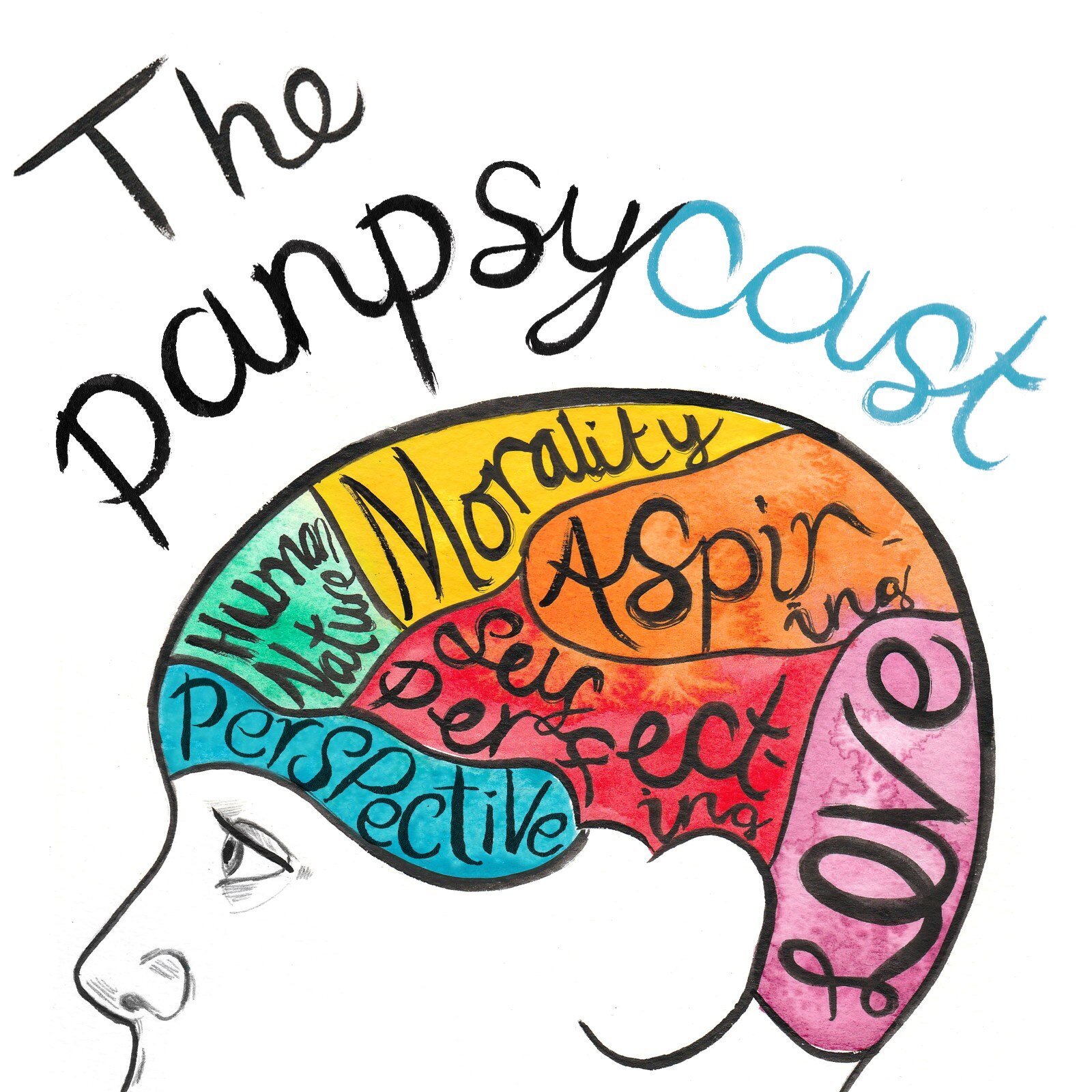Welcome to ‘Episode 122 (Part II of II)’, in which we analyse Martha Nussbaum’s approach to animal ethics.
Whaling, poaching, factory farming: we know they’re wrong. Yet, most of us do nothing about them. In fact, for each trip around the sun, we satisfy our collective tastebuds with over seventy billion land animals and seven trillion sea creatures. Still, one might ask, what is it that’s wrong with how we treat our fellow creatures? This is the central question of Martha Nussbaum’s latest book, Justice for Animals: Our Collective Responsibility.
Nussbaum, who has won the most prestigious prizes in the field – including the 2016 Kyoto Prize in Arts and Philosophy, the 2018 Berggruen (Bergruin) Prize in Philosophy and Culture, and the 2021 Holberg Prize – is currently the Ernst Freund (Froind) Distinguished Service Professor of Law and Ethics at the University of Chicago. With over twenty-five books, five hundred academic papers, and fifty-five honorary degrees, it’s safe to say that Martha Nussbaum is one of the most prolific and distinguished philosophers of our time.
For Nussbaum, humans have a collective responsibility to support the activities and conditions that allow our fellow creatures to flourish. It’s time we put a stop to the injustice and bring about a better world. Her call to action? Justice for Animals.
The file size is large, please be patient whilst the podcast buffers/downloads/fulfils its specific endContents
Part I. The Capabilities Approach
Part II. Further Analysis and Discussion

